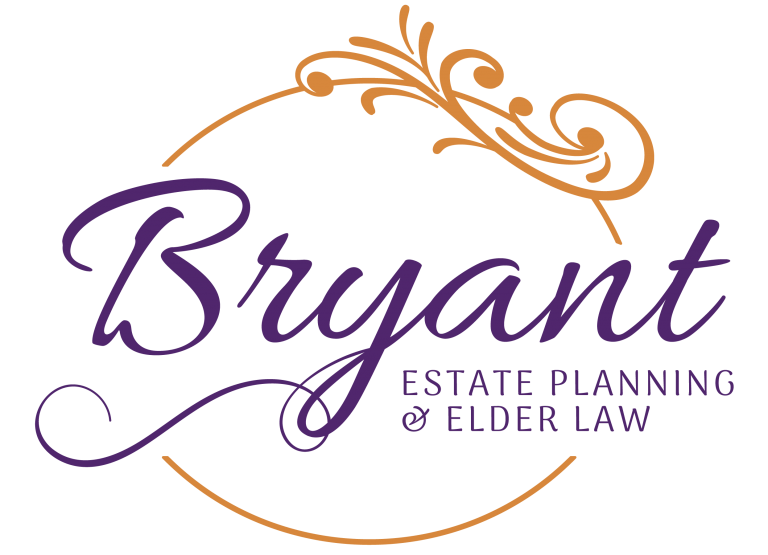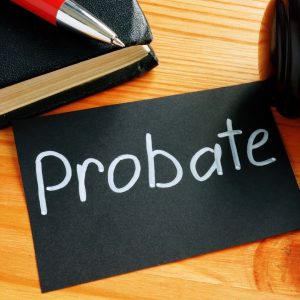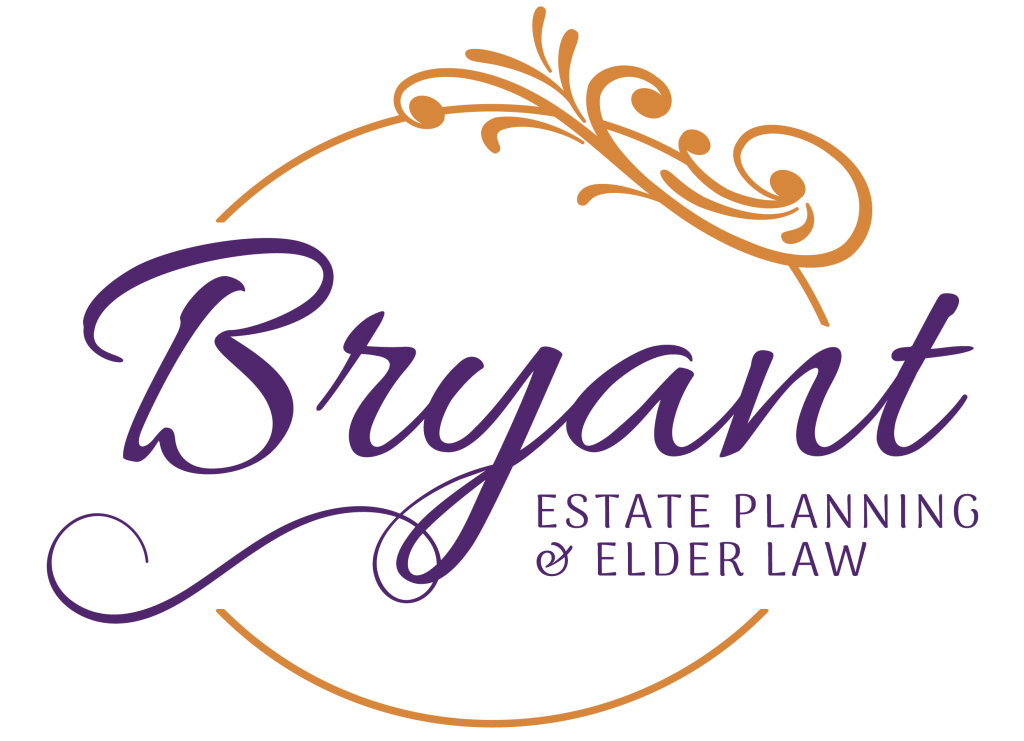You finally committed to making an estate plan, and now you are in possession of a big binder or envelope full of your original documents. Now, the question is where to put it, or if you created your documents many years ago, do you know where they are?
The best place to store your documents is somewhere that is both safe and accessible to the people you have named as your backups when you cannot act due to incapacity or death.
Many people consider a safe deposit box as a good option, but there are a few problems to consider. First, your backups need to be able to show the bank that they have legal authority to access your box. Typically, you have given then such authority in your estate planning documents, which unfortunately for your agent, are in your safe deposit box. If your safe deposit box is in your name alone without a joint owner and your agents have no proof that they have legal authority, it is likely that your agent would have to obtain a court order to access the box. Even if your backups can gain legal authority to access your safe deposit box, they still need to know where you have kept your key. If they cannot locate the key, then typically the bank will require that your agent pay a locksmith to get in and change the lock.
Another place to consider keeping your documents is a fireproof safe in your home but consider that your backups need to know where your safe is and how to get into it. Sometimes, placing your documents in a plastic container (to avoid water damage) on a high shelf is a workable solution. Regardless of where you decide to keep your original documents, be sure to inform your backups and ensure that they will have access to the documents when they need them.
Most attorneys will retain a copy of your documents; however, you are often responsible for your originals. Please be aware there is no statewide or national database for estate planning documents. If your original documents cannot be found after your incapacity or death (even if your backups have copies), there is a presumption that you chose to revoke your documents. This means that your family may be required to get a conservatorship to be able to act for you during your lifetime and would likely have to probate your estate. Both processes are time consuming, expensive, and can lead to a result you did not intend.
If you are unable to locate your original estate planning documents, please contact our office at (408) 402-4064 to schedule a free consultation to discuss re-executing your documents.
All materials have been prepared for general information purposes only to permit you to learn more about our firm, our services and the experience of our attorneys. The information presented is not legal advice, is not to be acted on as such, and may be subject to change without notice.




